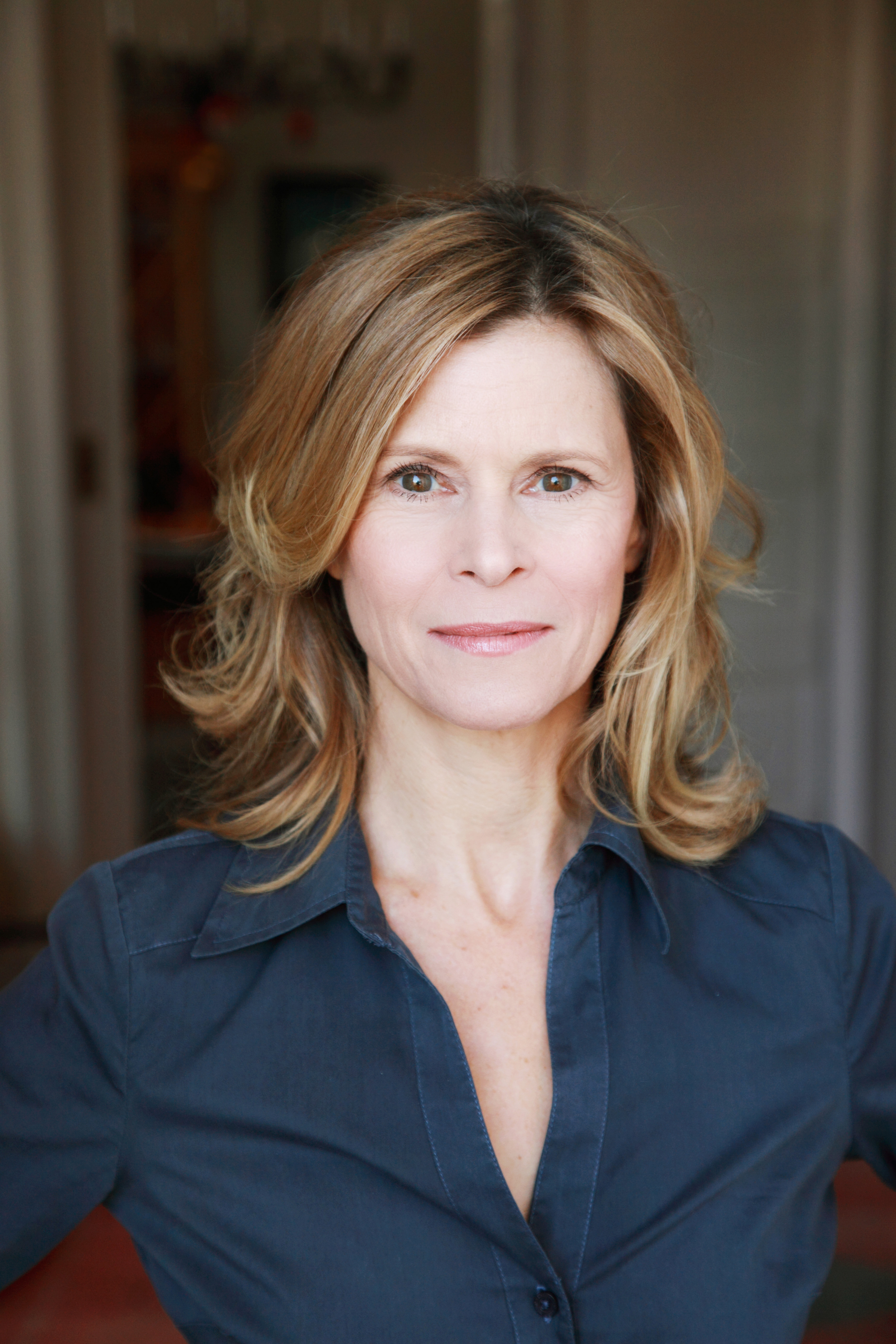"We need legal regulations for dealing with AI"
The GVL represents around 12,000 actors and dubbing actors. The Bundesverband Schauspiel (BFFS) is one of the four associates of the GVL. We spoke to BFFS chair Leslie Malton about the current situation of her fellow actors and the challenges facing the industry.
GVL: First we had the Corona pandemic, second inflation due to the outbreak of war and now is AI threatening to turn the entire creative industry upside down. How are German actors and dubbing actors doing right now?
Leslie Malton: The last few years have been tough and there is a certain restlessness among all actors in all fields. In television, we are now confronted with low special salaries that are far below the usual salaries. The broadcasters justify these with budget cuts or the pandemic. The BFFS will try to reach collective agreements with its collective bargaining and social partners.
In the stage sector, we have already succeeded recently: With the collective agreement "NV Bühne 2022", we have achieved a very important increase in the minimum wage and, together with our partner unions, we have even been able to achieve inflation compensation for employees in German theatres.


